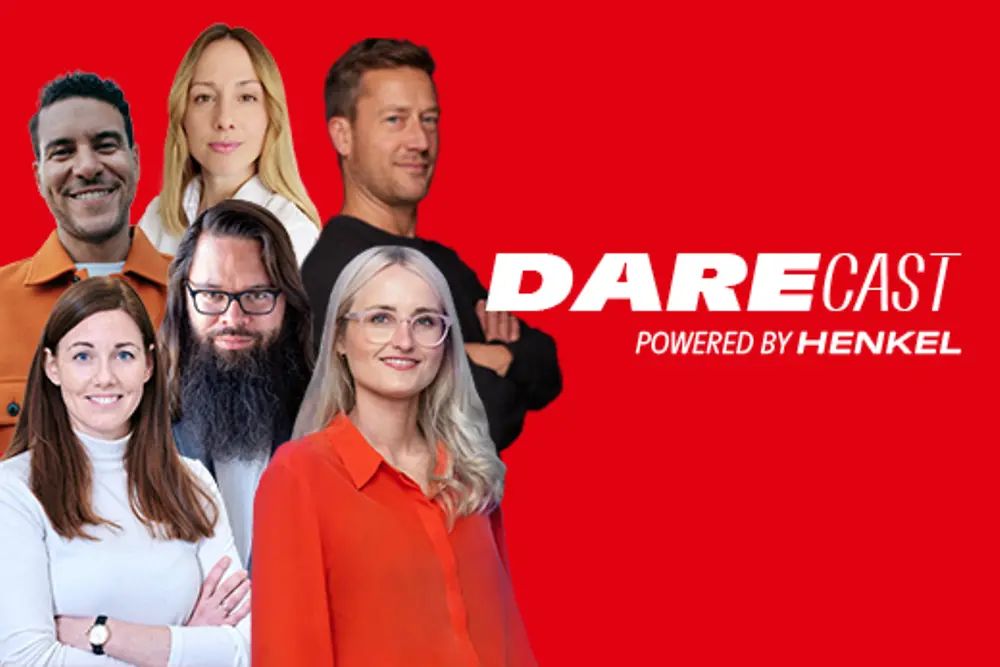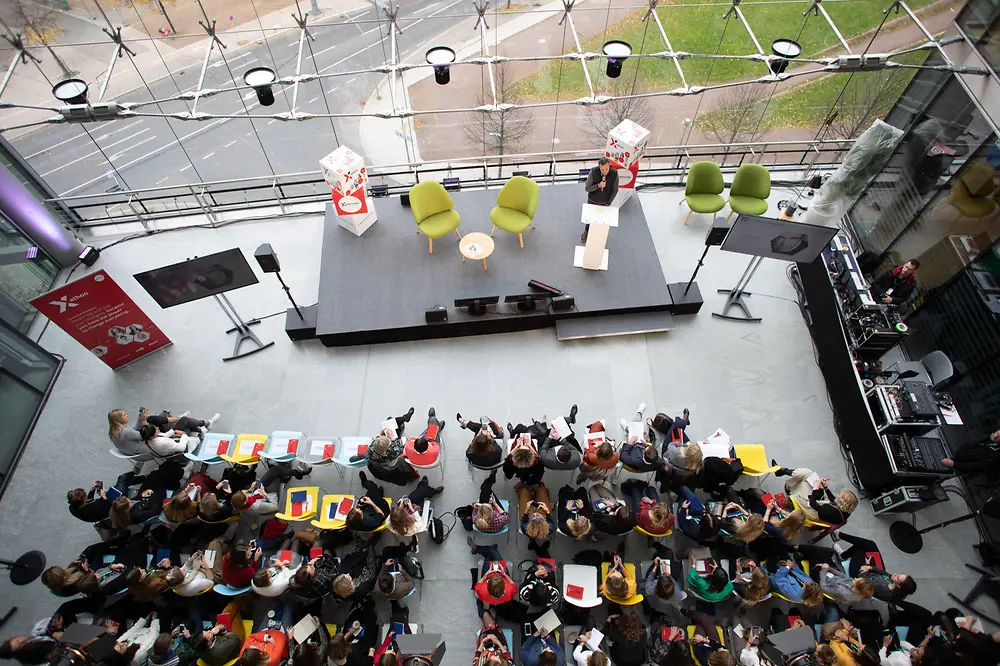“The focus of design thinking is on the needs of the end user. You empathize with them, put yourself in their shoes, and then invent.” This is how Maria explains the idea behind the Design Thinking process. The method was developed in the 1990s by the design agency IDEO and consists of four phases: (1) understanding the problem, (2) defining the problem, (3) developing solutions and (4) solving the problem. “What sets Design Thinking apart is agility,” says Maria. “During the innovation process, you jump between phases, always factoring in the users.” The first two innovation phases involve a diverse, open thought process, where many ideas and options are gathered. The problem is then fleshed out and focused. At this point, convergent linear thinking comes into play, helping to select unique ideas from the collection of options and transform them into solutions.

















